Understanding MCS: Why Chemical-Free Matters More Than Ever
What if your bedsheets could be making you sick? For millions with Multiple Chemical Sensitivity, this isn't hypothetical—it's reality.
Multiple Chemical Sensitivity (MCS) is complex, isolating, and often misunderstood. Many people are dismissed by doctors or told they’re “just sensitive.” This article shares what I learned by listening to people in an MCS support group—and how AIZOME is trying to help, without assumptions or shortcuts.

How I Got Here
I’m the founder of AIZOME. Most days I work on product development, but occasionally I speak with customers directly. One day recently, I had a long call with a man from Canada who lives with Multiple Chemical Sensitivity (MCS). He’d placed a large order and wanted to make sure—down to the packaging—that it would be safe for him.
We spoke for nearly an hour. He shared his difficult journey, and how finding something that didn’t trigger a reaction gave him relief and a sense of safety. That conversation deeply moved me.
After the call, I joined a Facebook support group for people with MCS—not to promote anything, just to listen and maybe answer a few questions. I introduced myself simply: I’m someone who works in textiles and I’d be happy to offer clarity if anyone has questions. Within hours, I had 60+ comments and private messages.
I was struck by the honesty, intelligence, and warmth of the group. And I left with a deeper understanding of just how complex and personal MCS truly is.
What is Multiple Chemical Sensitivity?
Multiple Chemical Sensitivity (MCS) is a condition where the body reacts to even tiny exposures to everyday chemicals—often found in detergents, adhesives, synthetic fragrances, and yes, textiles.
Symptoms can include headaches, skin reactions, respiratory distress, cognitive fog, or full-body inflammation. Some people experience anaphylaxis. Some can’t enter shopping centers or public spaces. Others are forced to re-evaluate every product in their home—down to the ink on a label.
MCS is still not widely recognized in mainstream medicine. And many who suffer are women, who are too often dismissed or told they’re “just sensitive.” But it affects all genders. The customer I spoke to was a man, and the stories I read in the group crossed every age, background, and identity.
To live with MCS is to navigate a world that feels increasingly hostile to your body—and to often do so alone.
What I Learned From the Community
Here are some of the most common concerns, questions, and insights that came up in the group:
- 🧪 Most reactions come not from the fiber itself, but from dyes, coatings, and chemical treatments.
- 🏷️ Labels are misleading. “100% cotton” can still contain elastane or be treated with plasticizers.
- 🌿 Even “organic” clothing can cause reactions if processed with harsh detergents or finishes.
- 🧼 “New clothes smell” = chemical off-gassing.
- 🧠 There’s a hunger for honest, clear education about how textiles are made.
Questions people asked me included:
- “Is Modal safe?”
- “Do I have to avoid all dyes or just synthetic ones?”
- “Why do organic fabrics still smell like chemicals?”
- “Are plant-dyes really safer?”
The truth is: MCS is highly individual. Your immune system may have been overwhelmed by certain exposures in the past, and now it responds to patterns your body has learned to fear. What’s safe for one person may not be safe for another.
Generally speaking: natural is better. Organic is better. Undyed is often best. But there are no universal rules—which is why generous return policies are so important.
Choosing MCS-Safe Textiles
From both community feedback and our own research, here’s what helps:
- 🌿 Choose textiles that are undyed or dyed with plants like indigo or madder
- 🧵 Avoid “performance” features (anti-wrinkle, antimicrobial, etc.)
- 🧼 Wash all new fabrics at least 2–5 times
- 📞 Ask questions—brands should know what’s in their products
- 🔁 Only buy from companies with generous return policies
If you're near the end of a return window and still unsure, call the company. A good one will offer you more time. Your health matters more than a policy deadline.
At AIZOME, this is why we’ve always offered a 12-month return policy. Yes, it’s unusual—especially for bedding—but I’m confident in the quality of what we make. And I believe people living with MCS deserve that time to test, react, and decide without pressure.
This is not a cheap purchase—but it’s meant to last for years. It should feel safe from day one.
Our Commitment at AIZOME
We created AIZOME to be radically safe and transparent. We use:
- 🌱 GOTS-certified organic cotton
- 🌿 Medicinal plant dyes (like indigo and madder)
- 🚫 No chemical softeners, anti-odor finishes, or plastic-based coatings
- 🧬 Ultrasound technology instead of synthetic fixatives
- 🩺 Dermatologist-tested and FDA-registered as a medical device
And we listen. Many of our design choices came from people with eczema, MCS, and other sensitivities. Our products have no sewn-in label because the stitching and ink can cause reactions. That detail came directly from someone in the community.

One Last Thought About Health vs. Waste
I care deeply about sustainability. But when it comes to your health, please don’t hesitate to return products that don’t work.
Your well-being matters more than environmental guilt. If something triggers you, send it back. Contact the brand. Don’t feel guilty—feel empowered.
And if you’re still exploring what’s safe for you, I highly recommend joining a support group like the one I visited. It was one of the kindest online communities I’ve ever seen. You can find it here: MCS Self-Help Facebook Group.

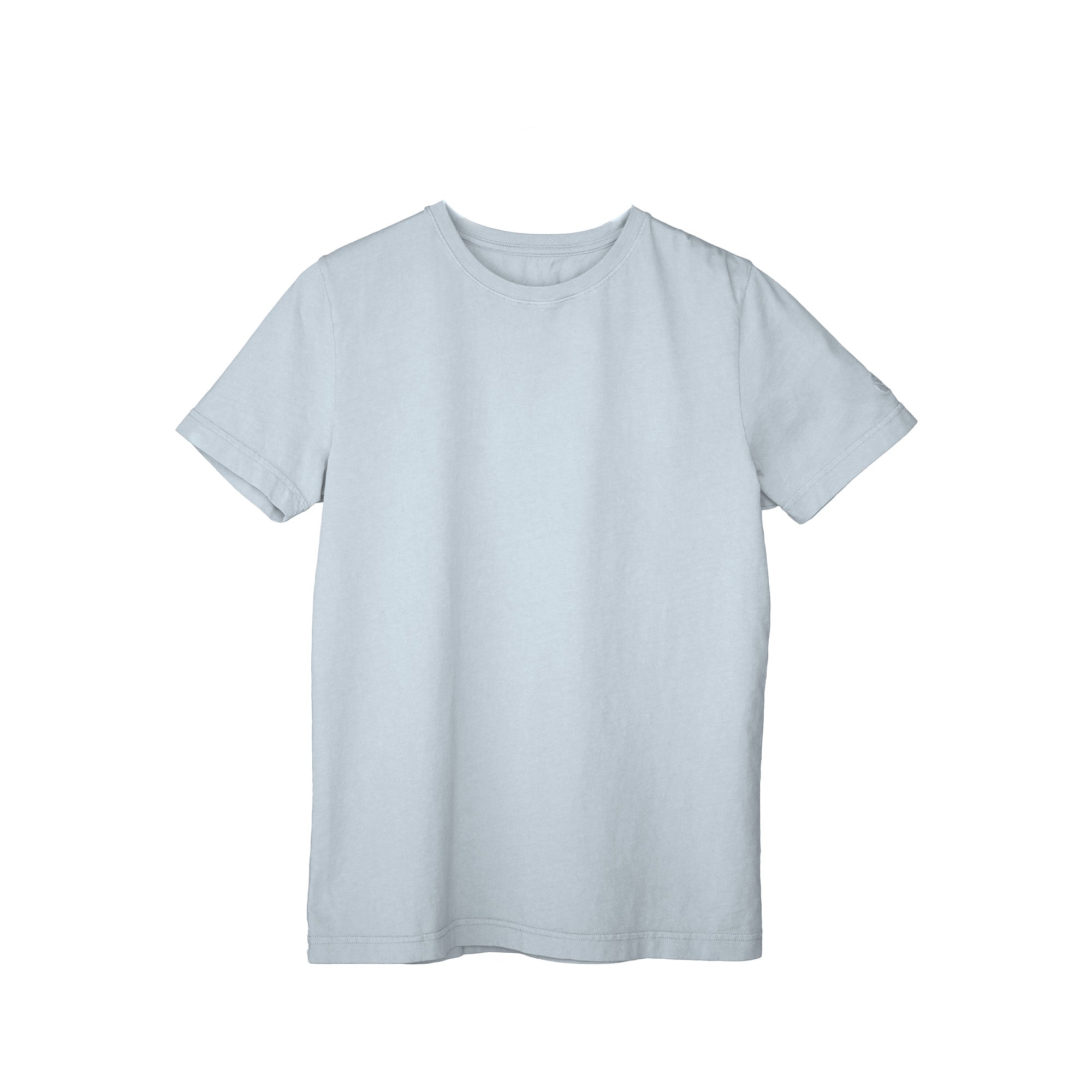

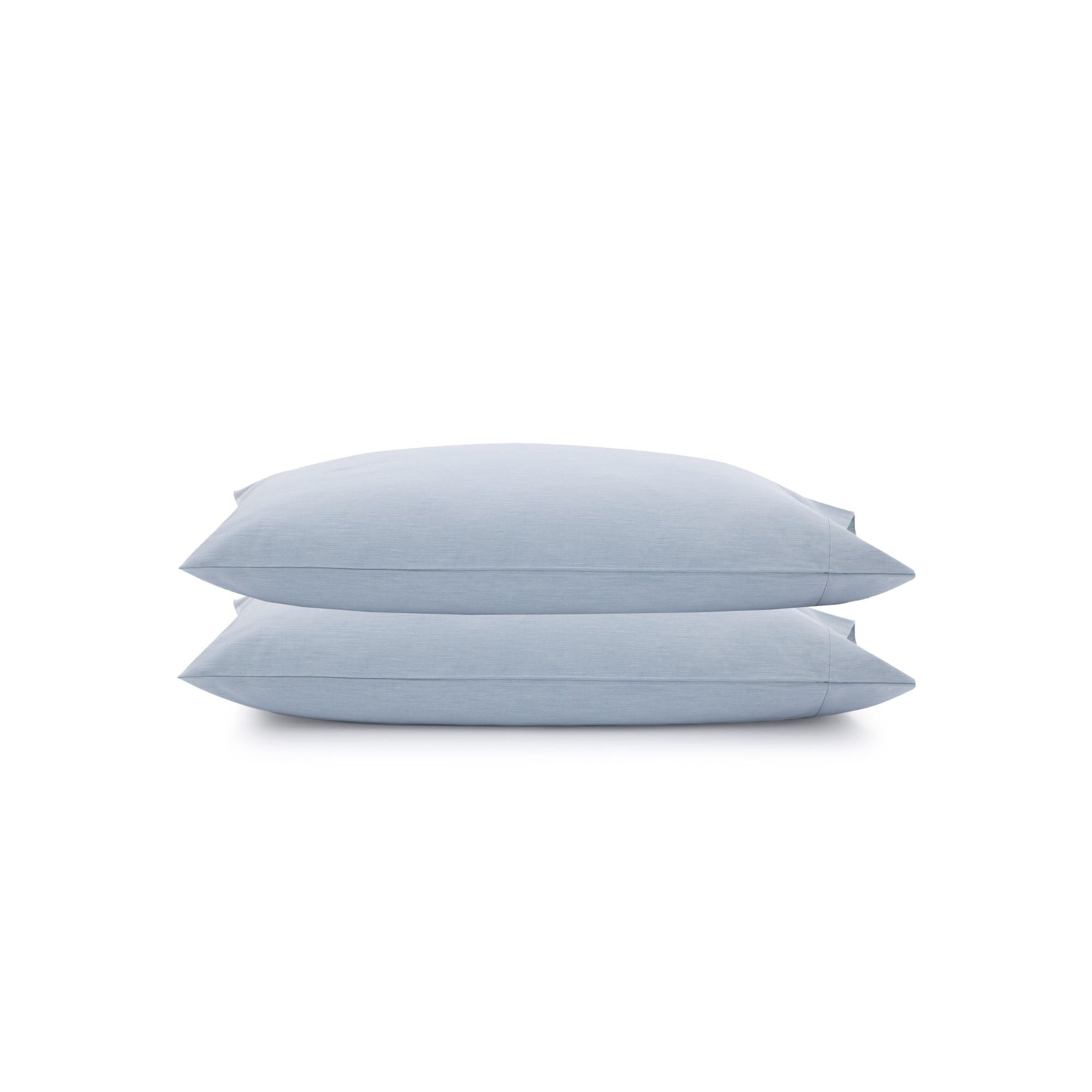
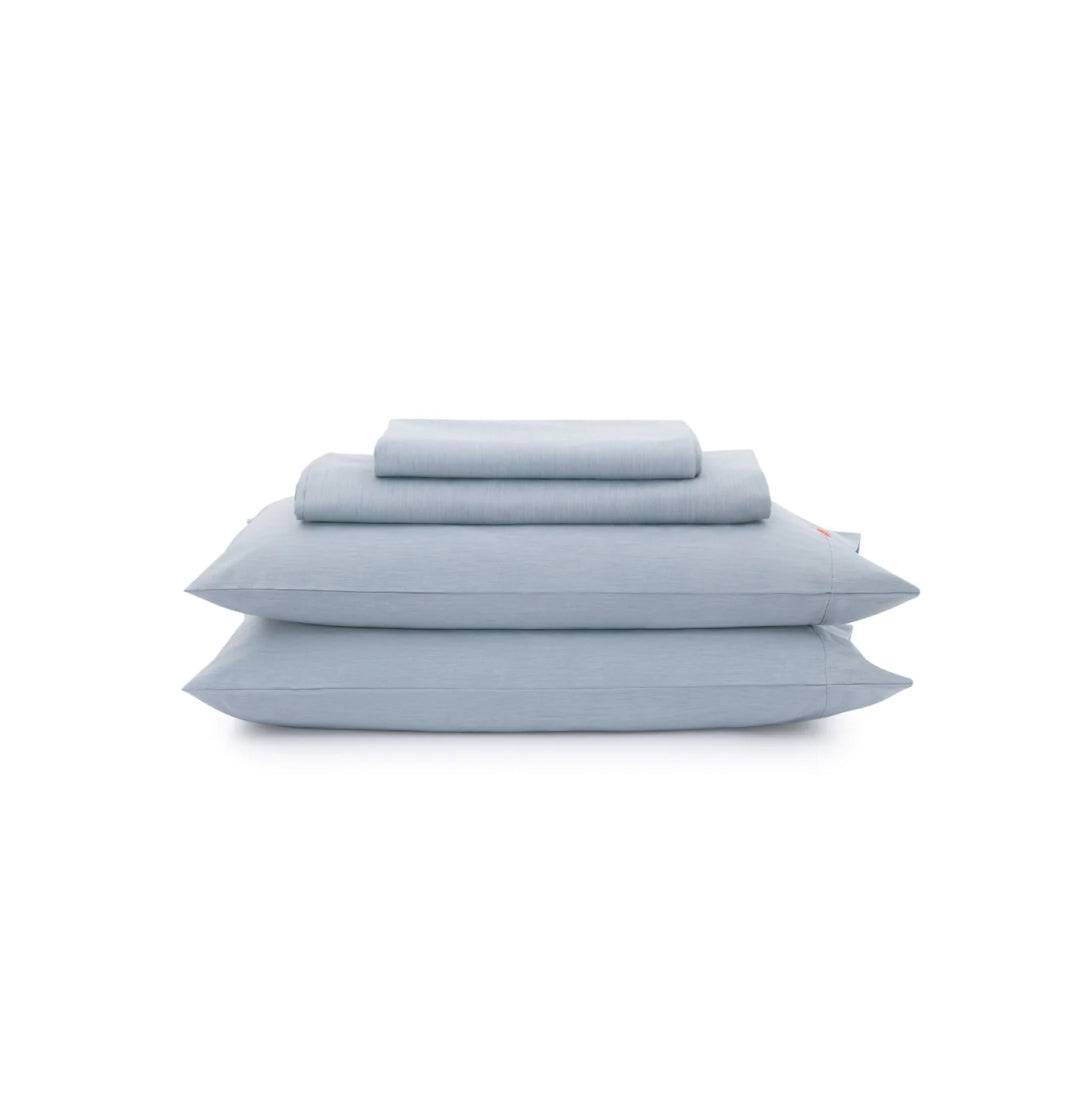
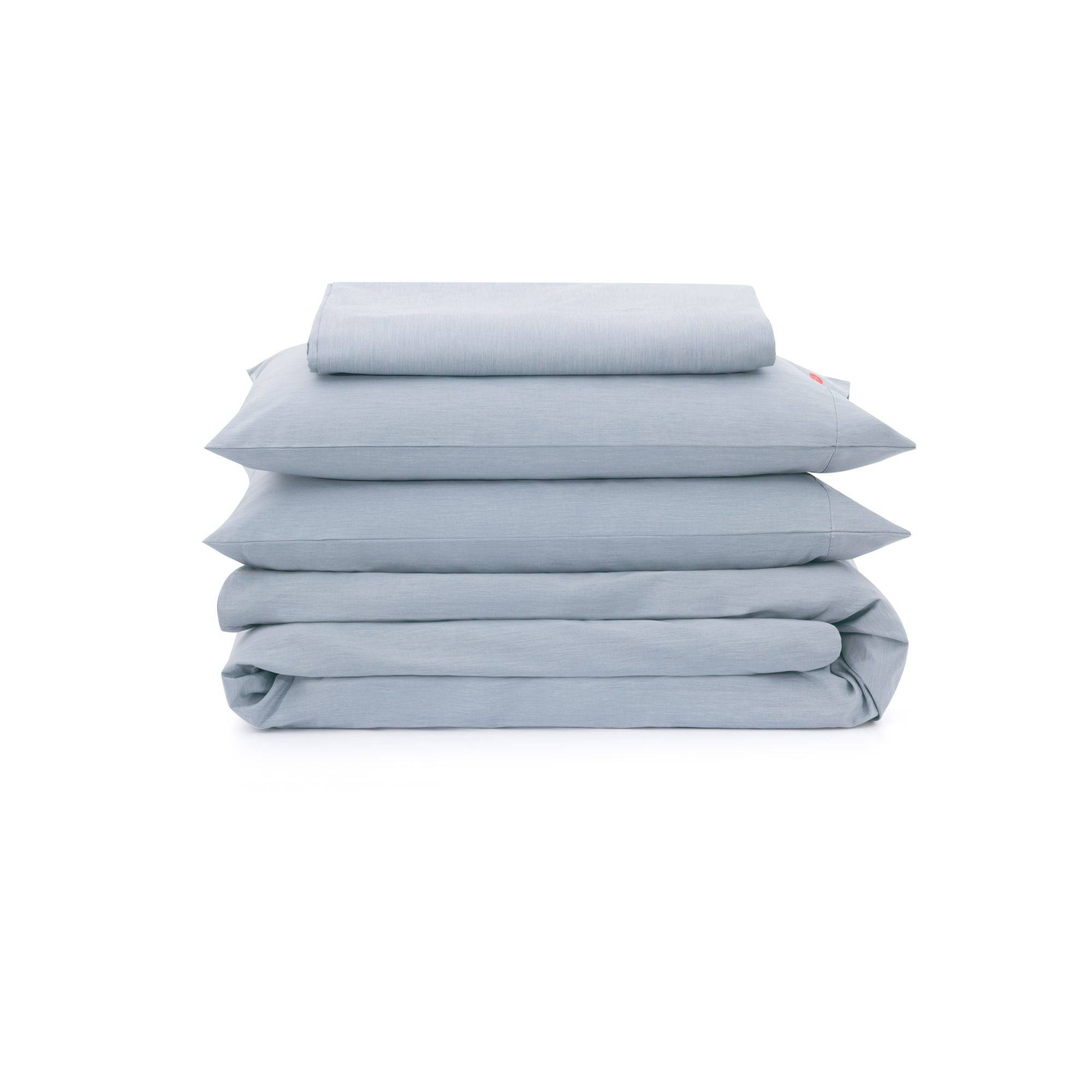
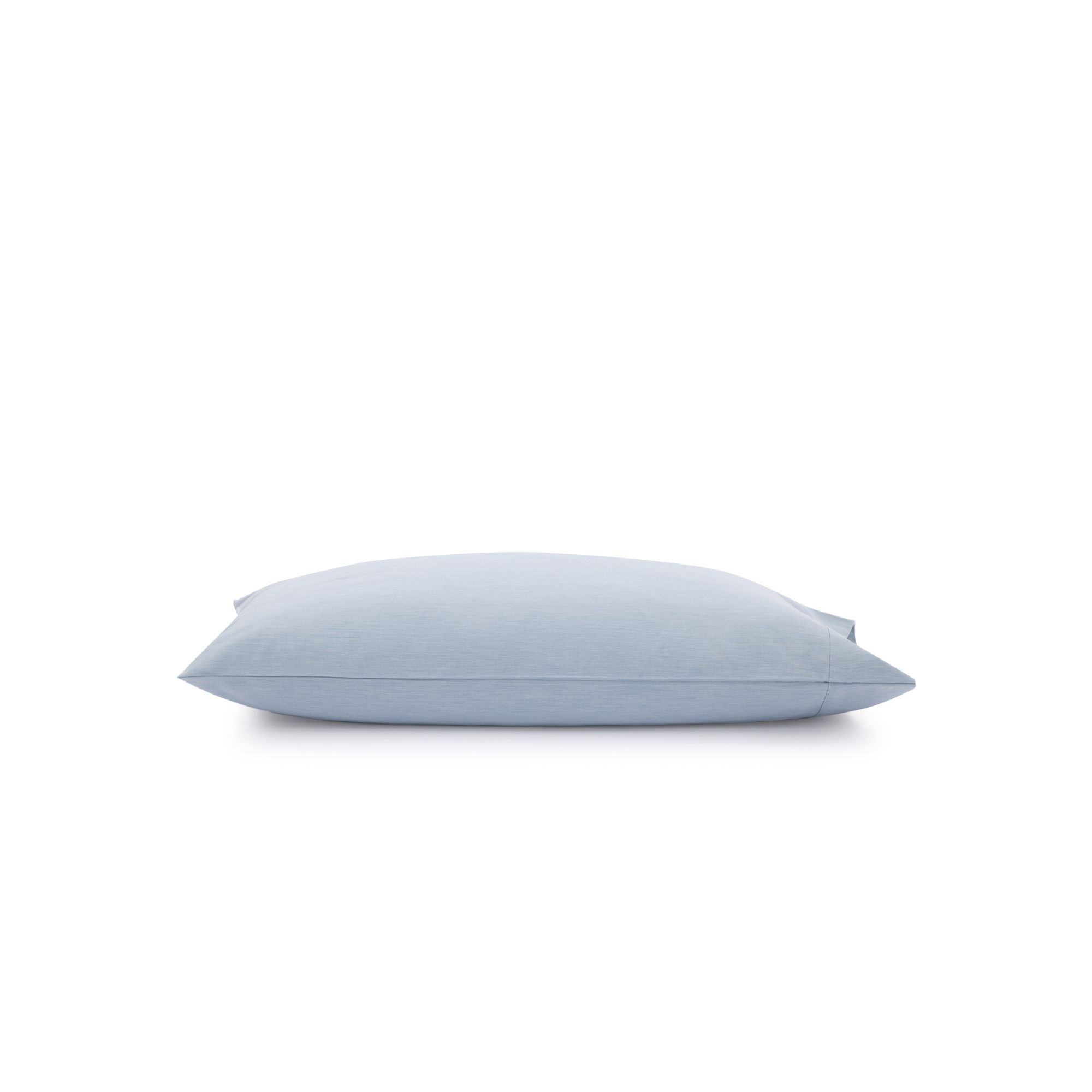
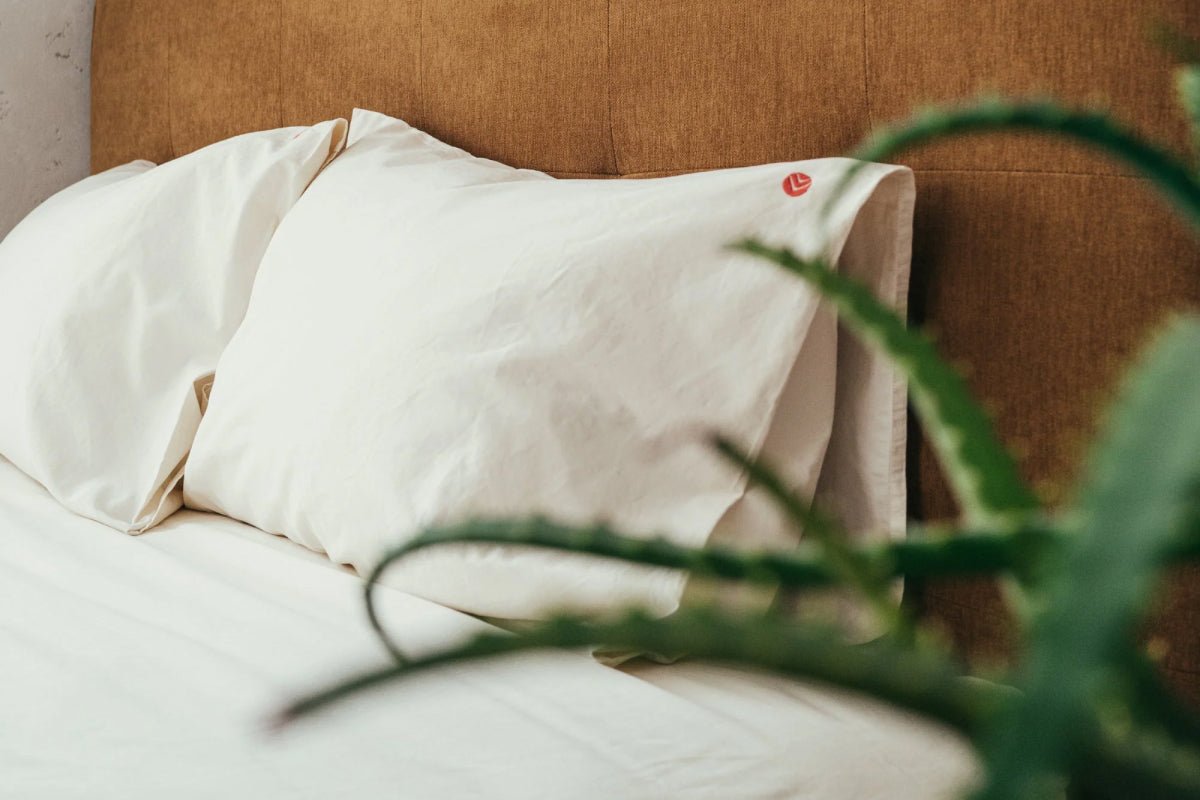 Bedding
Bedding
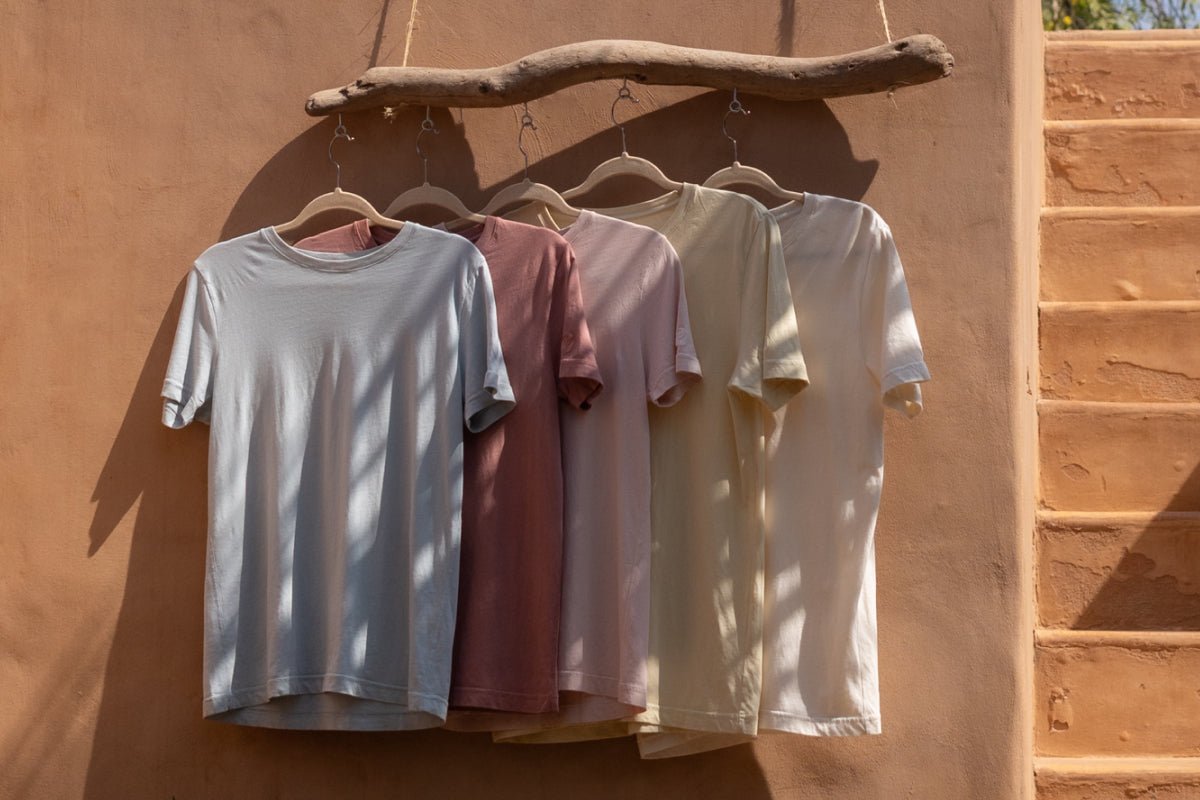 Clothing & Accessories
Clothing & Accessories
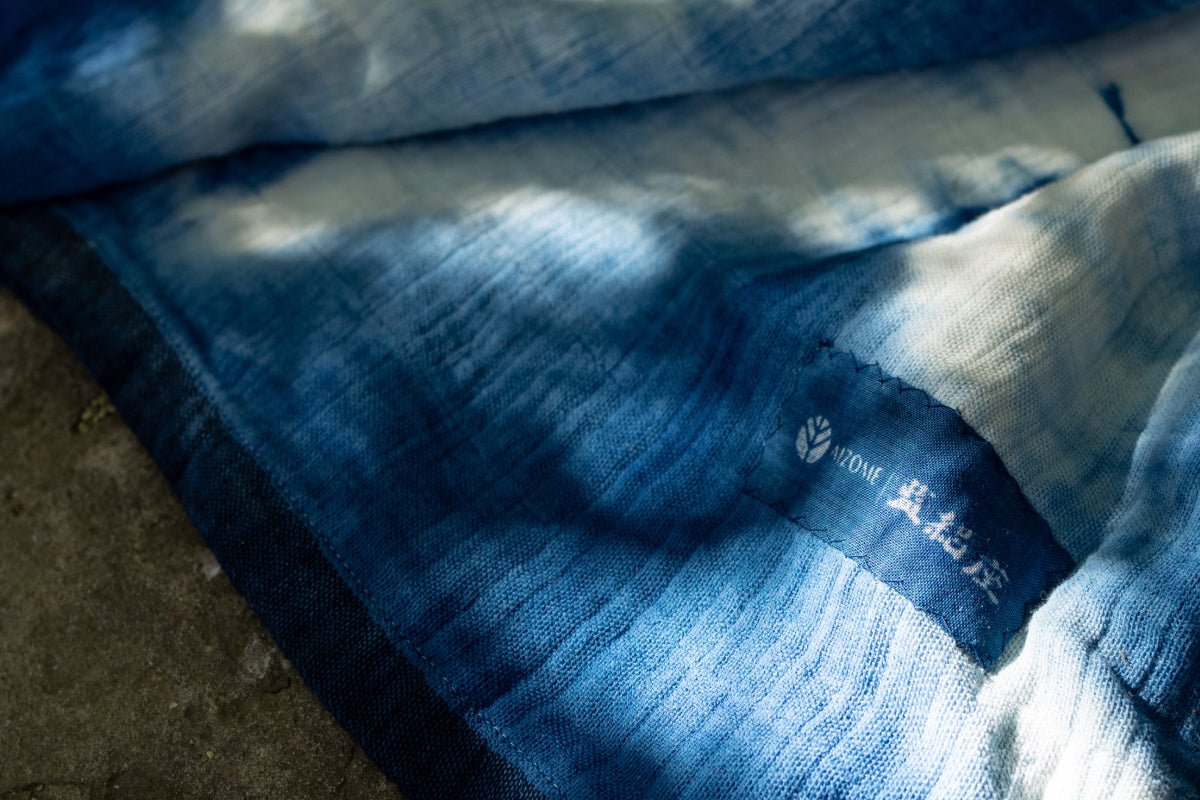 Artisan Line
Artisan Line



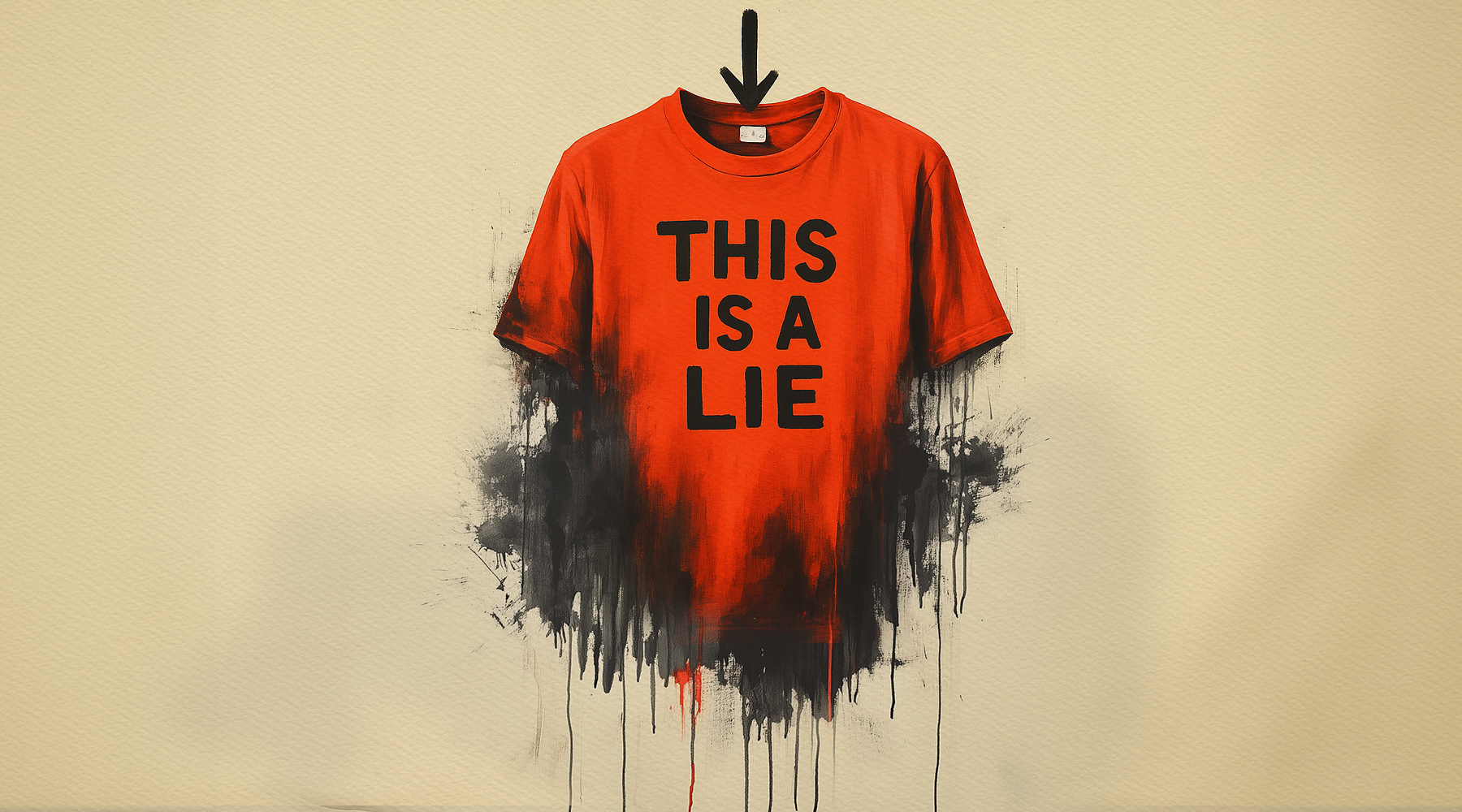
Leave a comment
All comments are moderated before being published.
This site is protected by hCaptcha and the hCaptcha Privacy Policy and Terms of Service apply.